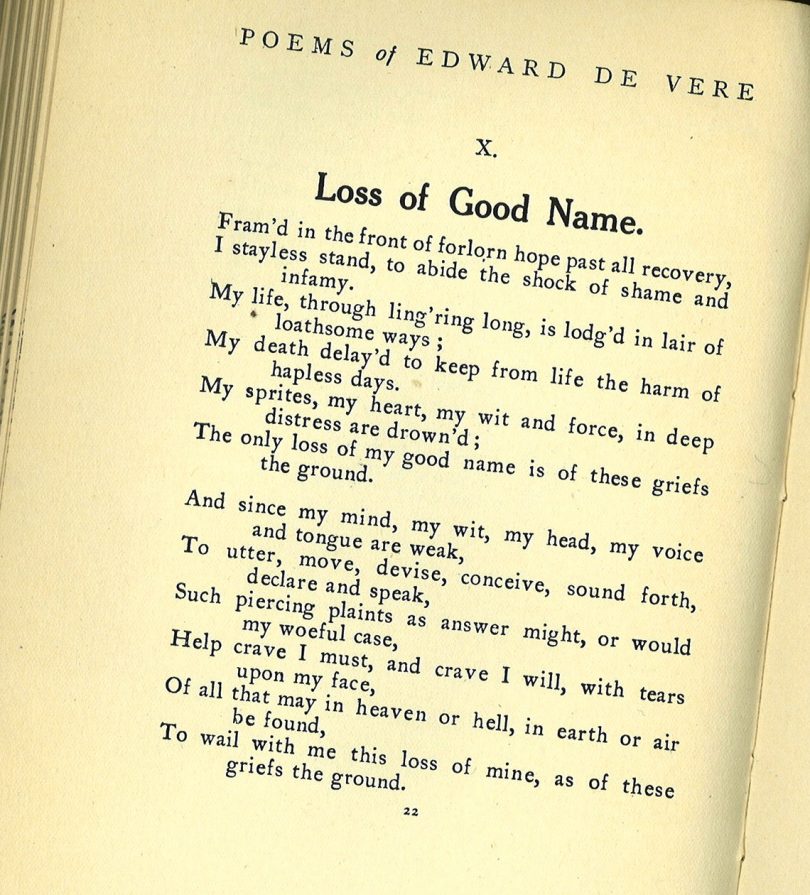It has been said that “there is a poet in all of us”. While this might seem to be true, it would seem that writing poetry is a more natural process for some than others. Regardless of whether or not you possess a natural inclination toward being able to pen a poem, developing your skills in this area is extremely doable. So, whether your goal is to express your innermost thoughts and angst, evoke powerful emotions, or to simply make everyone chuckle, here is a small guide designed to help you learn to write a poem.
Start off by determining what drives and inspires you. Perhaps the easiest way to kick things off is by drawing inspiration from the established masters of the field. However, inspiration can come from anywhere, be it a lyricist or even an entertaining movie critic. Poetry isn’t something that is limited to one particular field or approach, but the end goal remains the same in every case – to convey experiences and concepts in a concentrated format. The greatest poetry seems to not only feature excellent word choices, form and structure; it also forges mental / emotional connections and makes the reader examine themselves, others or the world around them in greater detail.
Starting off
Begin by creating a sentence that embodies some larger feeling or idea and then build around it. Normally, this will include strings of words or phrases that come at you in an almost stream-of-consciousness-like fashion. Don’t be afraid of what your mind comes up with, often times you might be surprised at how these seemingly disparate words and phrases relate to one another. At this stage the idea is to simply get as many things down “on paper” as possible. Now, repeat this process over and over again until you develop a personal set of writing tools and devices which are unique to yourself.
Immerse yourself in poetry
Aside from studying the works of well-known poets, it’s also important to consider local sources as well as unconventional sources for content. For instance, song lyrics are often very poetic; in fact, some songwriters might be considered to be little more than musical poets. Take the time to read potential sources of poetry aloud, or perhaps attend performances where others are doing readings. The truth is, you never know when and where inspiration might strike; you’re as likely to be inspired by a song as an advertisement these days.
Purpose and Structure
Spend a good deal of time focusing on what you’re actually trying to say first. Then, once you have your point(s) in order, begin looking for the appropriate structure you can use to convey your message(s). You might decide that a poetry style incorporating strict rhyming patterns suits you better, or perhaps free verse? Regardless of which style you choose, explore as many examples as possible in each format. Spend most of your time evaluating your word choices, as they are vitally important not just in terms of quality, but in being able to capture the spirit of your message. When possible, use words that evoke strong images in the mind of the reader – this creates a more powerful, lasting effect. Learn more about the various poetic devices which are available to use (rhyme, metaphor, meter, alliteration, repetition, etc…), they all have their place and serve their own unique purposes as well.
Finally, get as many critiques as possible and improve your craft. I’ll leave you with this famous poem written by Archibald MacLeish:
A poem should palpable and mute
As a globed fruit,
Dumb
As old medallions to the thumb,
Silent as the sleeve-worn stone
Of casement ledges where the moss has grown—
A poem should be wordless
As the flight of birds.







